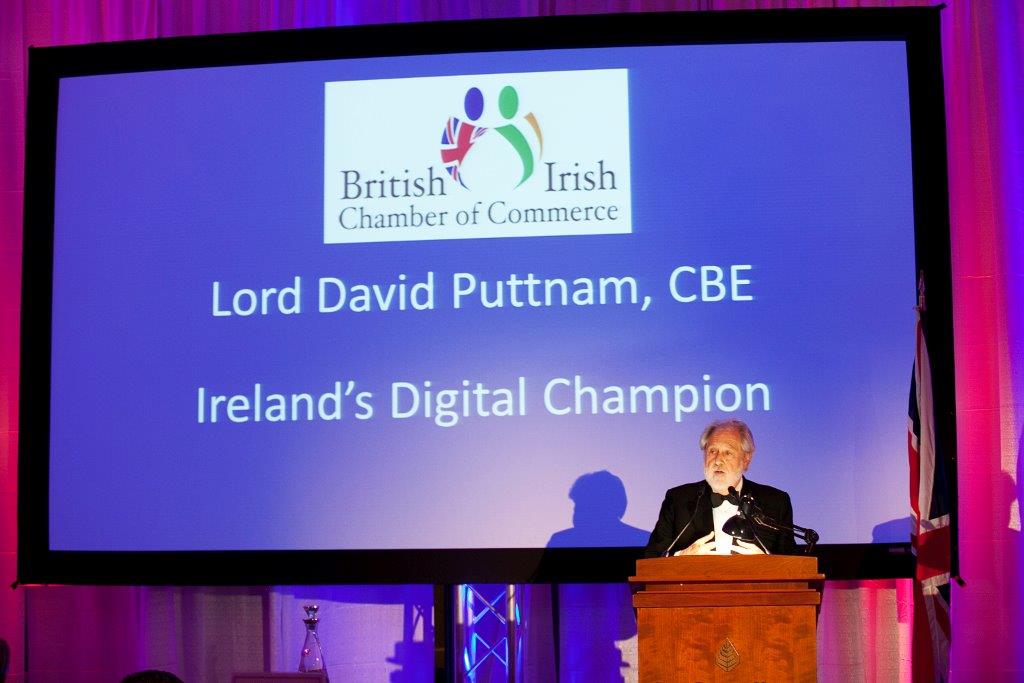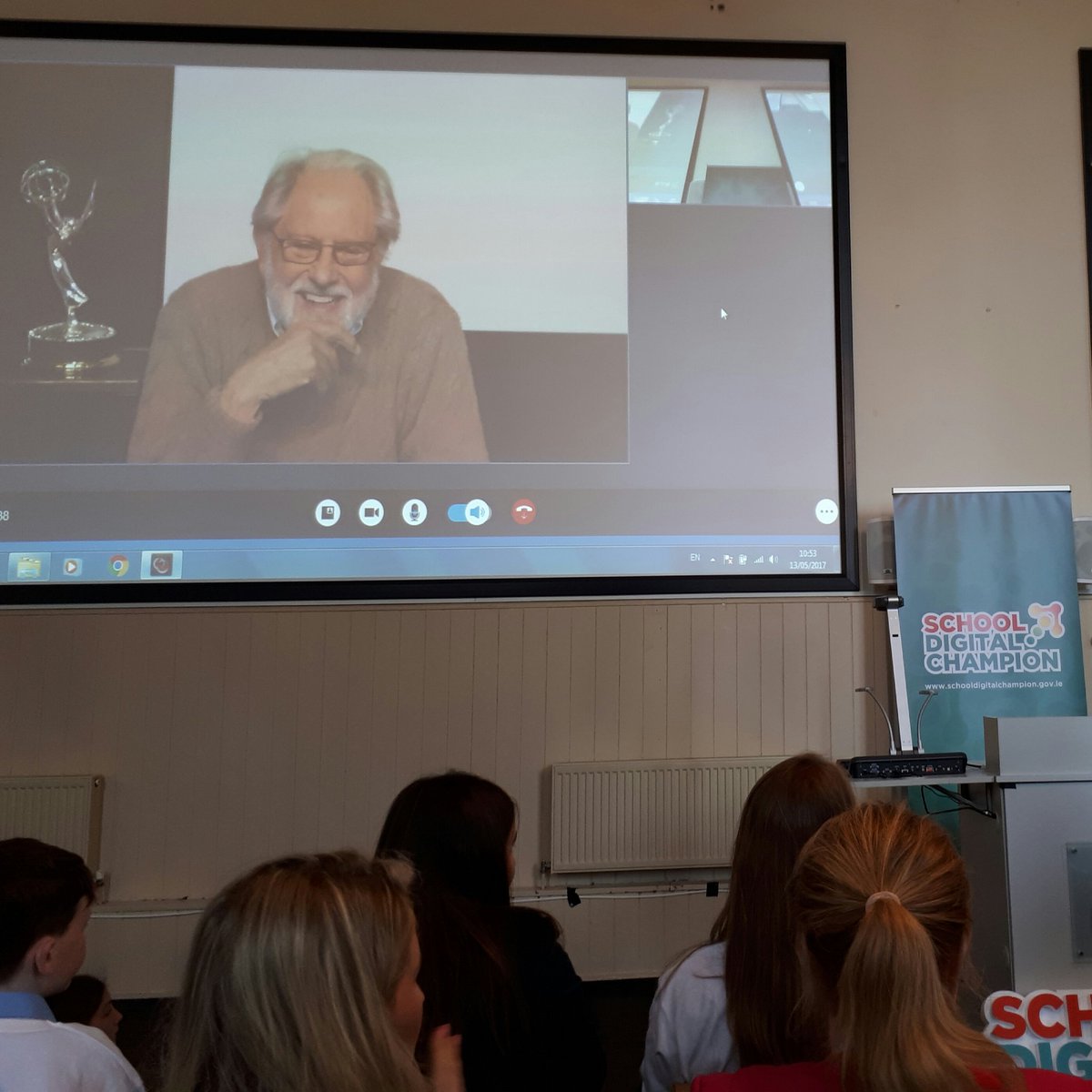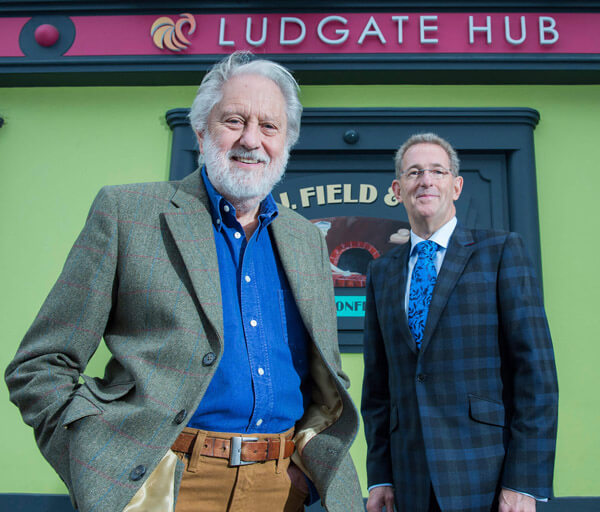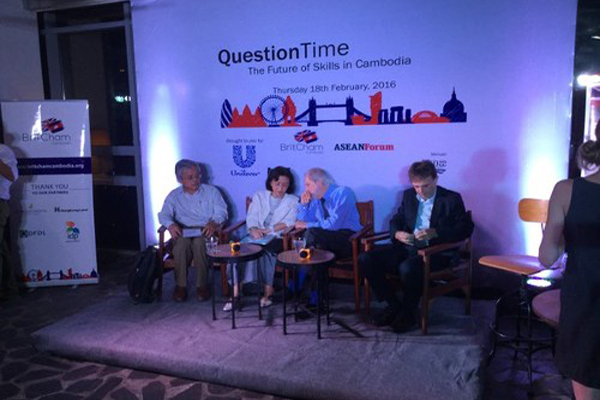Following a series of conversations in the early 1990s with Sir Ken Robinson, Stephen Heppell, and Sir Michael Barber, all of whom were influenced by Howard Gardner, Lord Puttnam came to believe that the future of education would be closely linked to technology and digitisation.
Since then, he has been involved in a variety of projects dedicated to increasing digital literacy in schools, time and again stressing the importance of young people obtaining the skill-sets they’ll need for careers in a digital future. More recently Lord Puttnam has argued that ‘new forms of intelligence-driven processes threaten-and in some cases will obviate-what until now have been considered ‘safe’ jobs in many of the professions.’
As a result he firmly believes in the need for legislation that will facilitate the re-training and re-skilling of the workforce for the digital economy, otherwise thousands of livelihoods could be lost.

From 2012 to 2017, Lord Puttnam acted as Ireland’s first Digital Champion and contributed to the development and implementation of a new National Digital Strategy. The role involved working in both Ireland and Europe, grappling with some of the emerging problems created by the digital world, as well as taking advantage of the many benefits it brings.
During his tenure the School’s Digital Champion Programme was set in motion. This elevates digital skills in the classroom and helps students to develop their creativity, critical thinking and communication skills.

In addition to this, Lord Puttnam is dedicated to the digitisation of rural communities, having been closely involved in founding The Ludgate Hub in Skibbereen, Co. Cork. This shared office space has a 1 GB internet connection and aims to bring informal education, employment and innovation to the area.

“In education [Lord Puttnam] led fresh thinking on the future of learning in the digital age, pressing the imperative to foster digital skills for all, as a cornerstone of Ireland’s future prosperity. The Schools Digital Champion Programme will be a lasting legacy, continuing to enable our young people to use digital to make a positive difference in their school and wider community.”
Denis Naughton, Minister for Communication, Climate Action and Environment (Ireland), 2017




